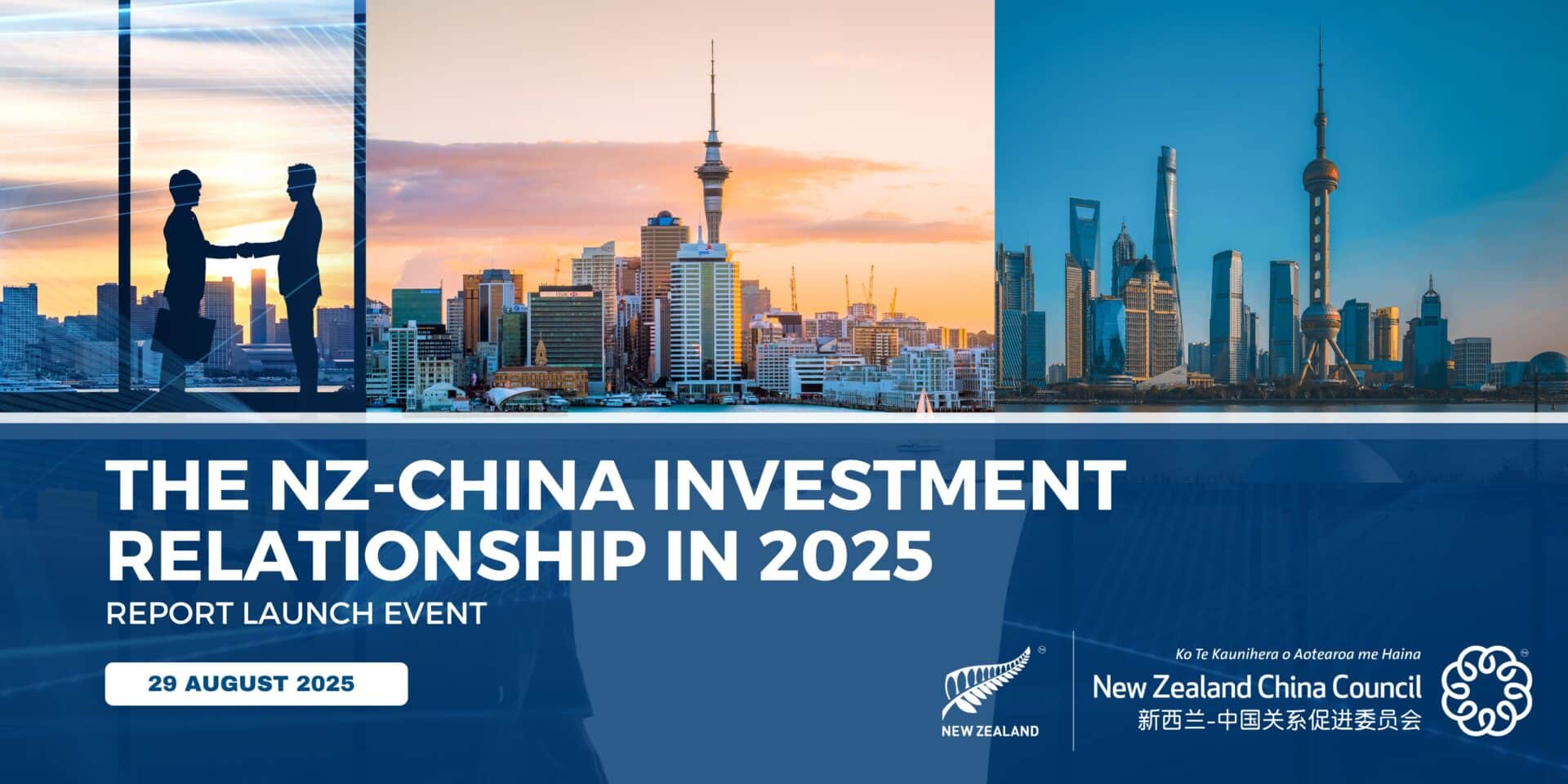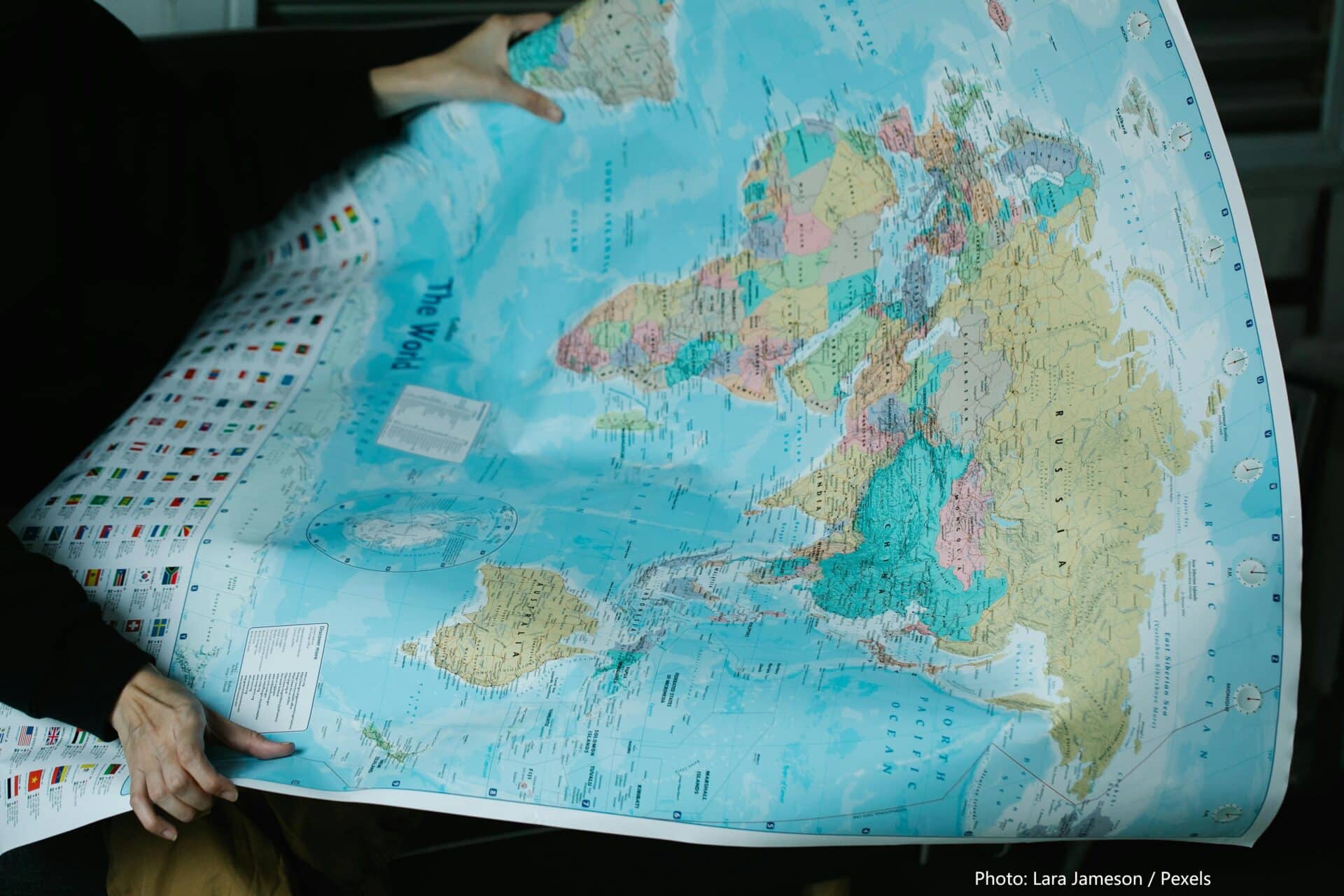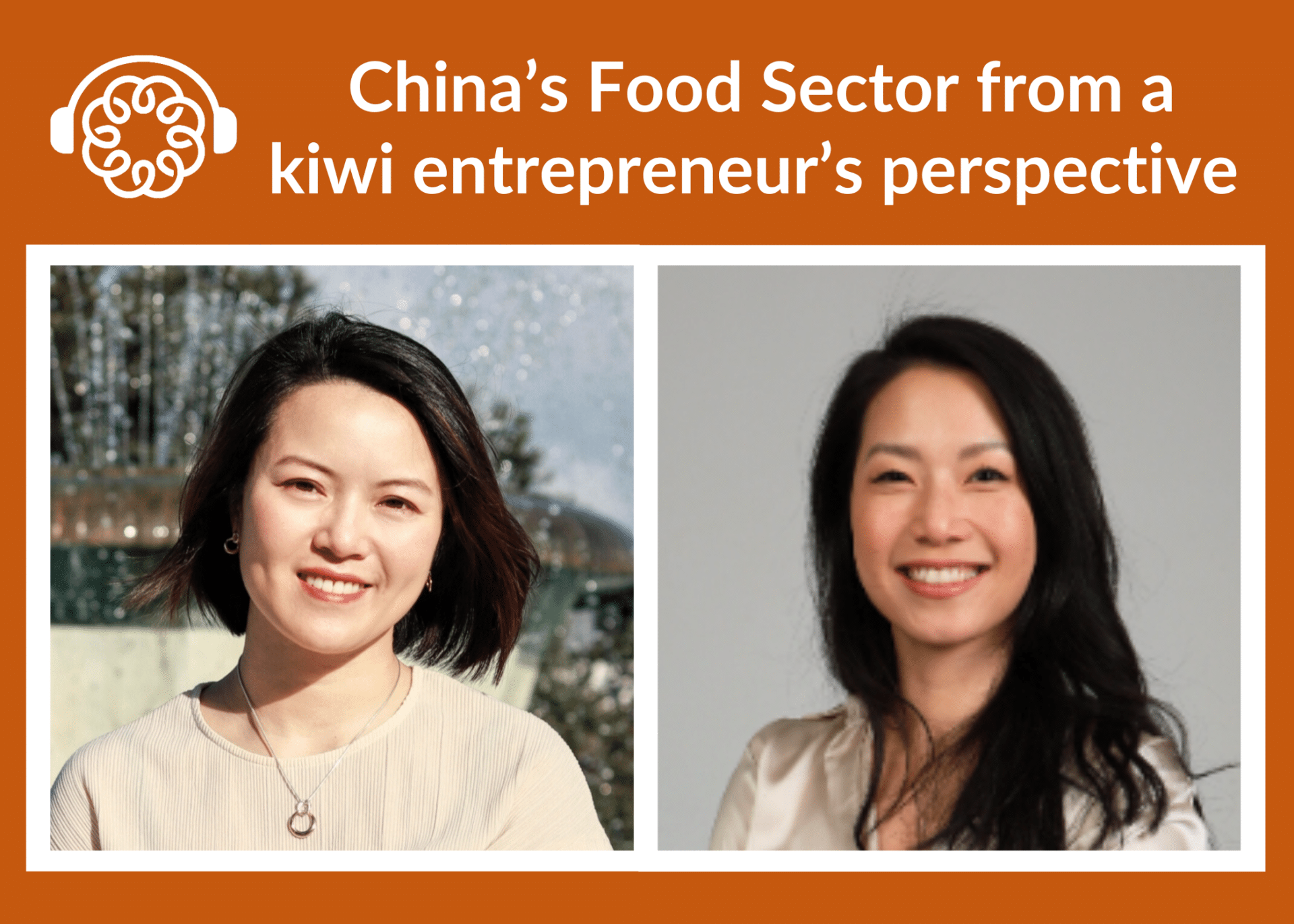NextGen Dialogue: Identity, Relations, and Opportunities in China-New Zealand-US Dynamics
In today’s fast-changing world, bringing different perspectives together has never been more important. Our most recent NextGen Dialogue on 22 November brought voices from New Zealand, China, and the United States to the table to talk about identity, relationships, and opportunities between these nations.
Hosted by the New Zealand China Council Te Kaunihera o Aotearoa me Haina and China Institute Next Gen x Serica (CINGS), this online roundtable dialogue created a space for emerging leaders from these countries to have meaningful conversations. The discussion revealed not only the complexities of these international ties but also the possibilities for collaboration in areas like trade, innovation, cultural exchange and people to people connection.
The China Institute Next Gen x Serica (CINGS) is our Council’s latest NextGen dialogue partner. Based in New York City, CINGS serves as a forum for young leaders passionate about social and environmental impact. As the next-generation members of the China Institute, CINGS fosters dialogue, networking, and education to strengthen US-China relations and empower future changemakers.
The themes were wide-ranging and the conversation flowed naturally. Here are a few of the many highlights from this though-provoking session:
Can China experience be your source of power and agency?
Many participants of Chinese heritage shared their experiences of redefining identity in a multiethnic and multicultural society. Reflecting on earlier experiences, some described the struggle of aligning with one culture while feeling guilt for disconnecting from their cultural roots to ‘fit in.’ Others embraced their backgrounds boldly, with one participant humorously recalling their experience of deliberately ‘dressing like a FOB (fresh off the boat).’
Amid broader geopolitical narratives shaping personal and professional interactions, sentiments toward ‘China’ and ‘Chinese’ in the countries they call home have notably shifted in a negative direction, presenting further challenges for those with bicultural or multicultural identities.
At the same time, participants from both New Zealand and the United States recognized the duality of maintaining Chinese cultural roots while navigating Western societal norms. They emphasized the power and agency that cross-cultural narratives bring to daily life and professional roles, fostering opportunities to amplify voices, spark open conversations, and deepen mutual understanding. It highlights the importance of “China capable” communities in both countries, including Chinese ethnic and diaspora communities, individuals and organisations that work in the areas of “bridge-building” with deeper understanding and open-mind towards China.
The Value of Diverse Perspectives
A significant part of the conversation revolved around understanding China’s growing influence and its perception globally. Participants from New Zealand shared their observations from New Zealand’s viewpoint, emphasizing curiosity and the significant economic ties binding New Zealand and China. Meanwhile, American participants reflected on the complexities surrounding US-China relations, marked by periods of tension and the ever-present discourse on competition and cooperation.
Adding to the discussion on US-China tensions and their impact not only on both countries but also on wider regions and the globe, some participants pointed out that international cooperation and connections extend beyond these two powers. They argued that a binary approach is neither necessary nor reflective of the world’s many layers of interdependence
Although many media reports and public discussions in New Zealand raise questions such as, ‘Which side should New Zealand or Pacific Island countries pick between the U.S. and China?’, the consensus among the dialogue participants was that ‘New Zealand should not be forced into picking a side and should not pick a side.’ From a New Zealand perspective, some participants urged young leaders to examine media narratives with more critical thinking.
Some American participants also praised New Zealand’s genuine and authentic culture, which, they noted, made collaborations in the creative sector with a New Zealand partner across US-NZ-China markets particularly smooth.
Embracing the Power of Conversation
Throughout the session, there was a unanimous agreement on the power of dialogue in dismantling stereotypes and fostering deeper understanding. Participants agreed that while political and economic narratives often dominate, the human element—stories, cultural exchanges, and shared experiences—plays a crucial role in shaping perceptions and relationships.
The roundtable set a precedent for future collaborations, emphasising that while these conversations are just a starting point, they hold the potential to spark significant, positive change.
In conclusion, the NextGen Dialogue with CINGS exemplified the best of what cultural exchange can achieve: a space where diverse thoughts come together and break down barriers. It’s a testament to the notion that though geopolitical landscapes may be complex, our shared humanity and mutual respect have the power to anchor us in common purpose. This event marks the beginning of many more fruitful discussions aimed at bridging cultures, fostering friendships, and building a collaborative future.
We appreciate all participants’ contribution to this vibrant discussion. A big thanks to our co-host CINGS, especially Ivy Yang and Andre Shen for all the work behind the scenes to bring this event to life, and the kick-off presenters Francesca Long for the New Zealand side and Joyce Wang for CINGS. We look forward to continuing dialogues like this with like-minded Next Generation groups in China and elsewhere to connect, collaborate and grow together.












 MENU
MENU
